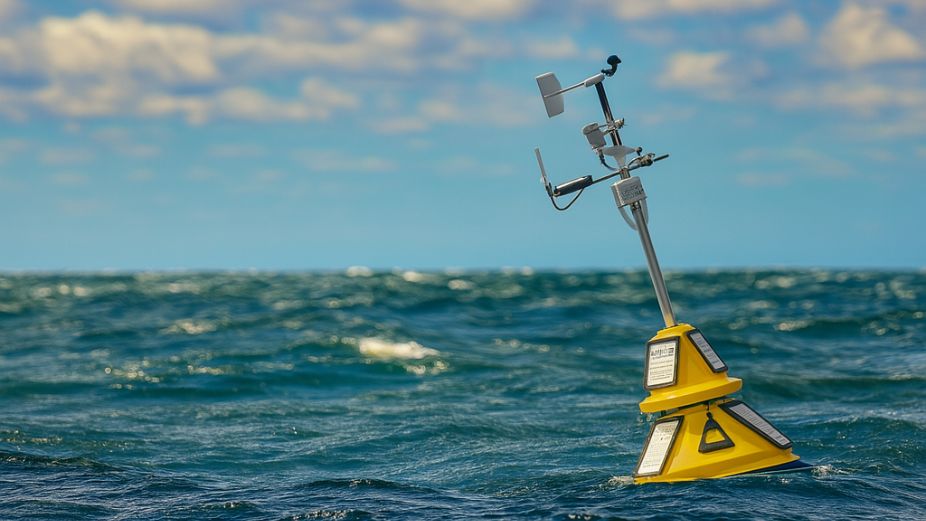
The Green Climate Fund (GCF) has approved a USD 25 million grant to the Maldives under the SAP050 project, titled “Toward Risk-Aware and Climate-resilient communities” (TRACT), aimed at enhancing climate services and establishing a multi-hazard early warning system across the archipelago. The funding, channelled through the United Nations Environment Programme (UNEP), was endorsed at the 42nd meeting of the GCF Board.
The project addresses one of the Maldives’ most pressing vulnerabilities: its exposure to climate-induced risks such as sea-level rise, intense rainfall, and coastal flooding. These climate threats are increasingly affecting critical sectors including tourism, agriculture, and fisheries, which underpin the nation’s economy and food security.
TRACT aims to equip the Maldives with reliable climate information services and early warning capabilities, enabling communities and sectors to better anticipate and respond to hazards. The initiative also contributes to the global “Early Warning for All” campaign, which seeks to ensure that every person on Earth is protected by early warning systems by 2027.
Key project components include improving how climate-related data is collected, shared, and applied in national decision-making processes. The initiative will also strengthen sector-specific preparedness and response, building resilience across government institutions and local communities. Importantly, TRACT has been designed to complement ongoing efforts under a separate GCF project focused on building climate-resilient islands.
The Maldives’ unique geography, consisting of low-lying atolls scattered across the Indian Ocean, makes the country particularly susceptible to climate variability. As such, the introduction of this national-scale early warning system represents a critical step toward climate adaptation and disaster risk reduction.
The project received near-total financial backing from GCF, with the Government of Maldives and other stakeholders providing minor in-kind co-financing.












